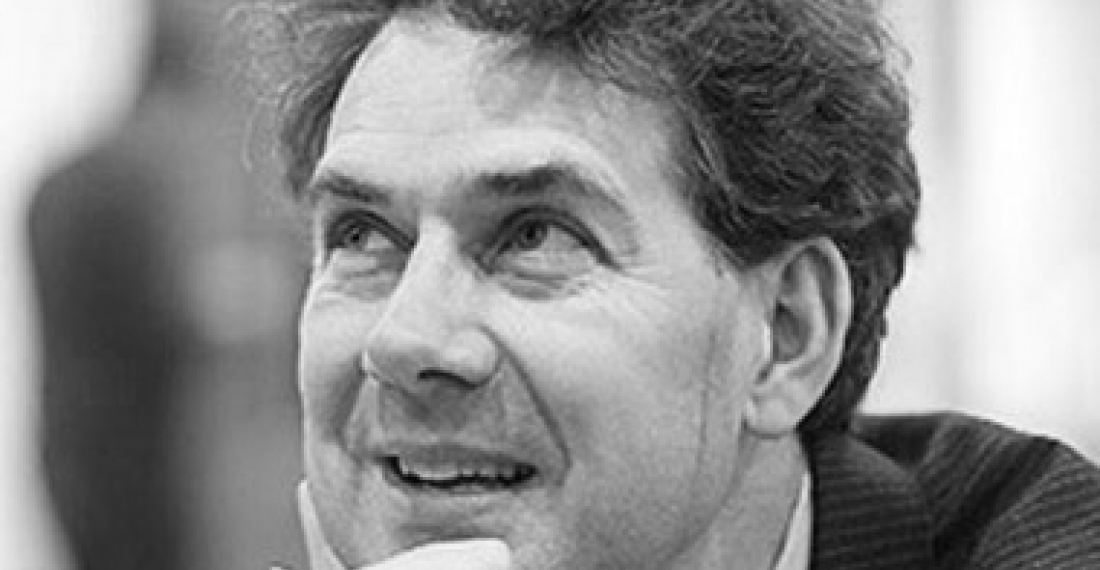По мнению политического аналитика, эксперта «Фонда Карнеги» Томаса де Ваала, переговоры по карабахскому урегулированию вошли в довольно сложный этап.
Как передает радио «Свобода”, эксперт отметил, что в ходе последней встречи в Казани Баку выдвинул около десятка предложений по внесению изменений в разработанный Кремлем документ, тем самым, провалив встречу, немалые ожидания от которой имел не только президент России, но и главы остальных государств-посредников.
Анализируя мотивы Азербайджана, который выступил наперекор воле посредников и не пошел на соглашение, известный аналитик делит их на три группы.
Первая, согласно де Ваалу, заключается в том, что официальный Баку недоволен вопросом Лачинского коридора. Дипломатические источники в Азербайджане, в частности, передали эксперту, что в подготовленном Кремлем конечном варианте базовых принципов статус Лачина не был четко определен.
Документ, в частности, предусматривал, что город Лачин должен пока иметь какой-то неопределенный статус, который одновременно впишется в опасения армянской стороны насчет безопасности и не будет нарушать территориальную целостность Азербайджана. Однако Баку возражает, что границы этого коридора четко не указаны. С другой стороны, ничего конкретного не говорится о 39 селах, которые расположены в Лачинском районе и не включены в коридор, а также о том, будет ли азербайджанским беженцам дано право возвратиться в эти места.
«Официальный Баку также не согласен с идеей о том, что Нагорный Карабах после получения промежуточного статуса получит возможность вступать в международные организации, - пишет эксперт, в то же время подчеркивая: - Непонятно, однако, почему руководство Азербайджана подняло эти вопросы не заранее, а прямо на встрече, от которой Запад ждал серьезного прорыва».
Одной из возможных причин Томас де Ваал назвал второй, по его мнению, беспокоящий Азербайджан фактор.
Эксперт убежден, что в Баку считают Россию проармянской. Кроме того, Азербайджан с недоверием относится к министру иностранных дел России Сергею Лаврову, в жилах которого течет армянская кровь.
С другой стороны, в Азербайджане пока не уверены, кто возглавит Россию после президентских выборов 2012 года, и опасаются, что достигнутые сегодня договоренности в случае выдвижения Путина могут быть отменены.
Третья причина, которая заставляет Азербайджан не соглашаться на быстрое решение, согласно эксперту, кроется в мнении о том, что сегодня время работает в пользу Баку.
В Баку уверены, что региональная гонка вооружений, в конце концов, обанкротит Армению и спустя несколько лет армянская сторона будет более слабой и пойдет на уступки в вопросе окончательного статуса Нагорного Карабаха.
«Однако в глазах любого эксперта, следящего за процессом урегулирования конфликта, эти убеждения не выдерживают критики, - пишет аналитик, поясняя: - Армяне, в свою очередь, парируют тем, что Армения сегодня является более сильным государством, чем была 20 лет назад, и может всегда надеяться на серьезную помощь диаспоры. Кроме того, годы укрепляют пока непризнанную государственность самого Нагорного Карабаха, в котором большая часть людей в возрасте до 30 лет в жизни не видела азербайджанца».







